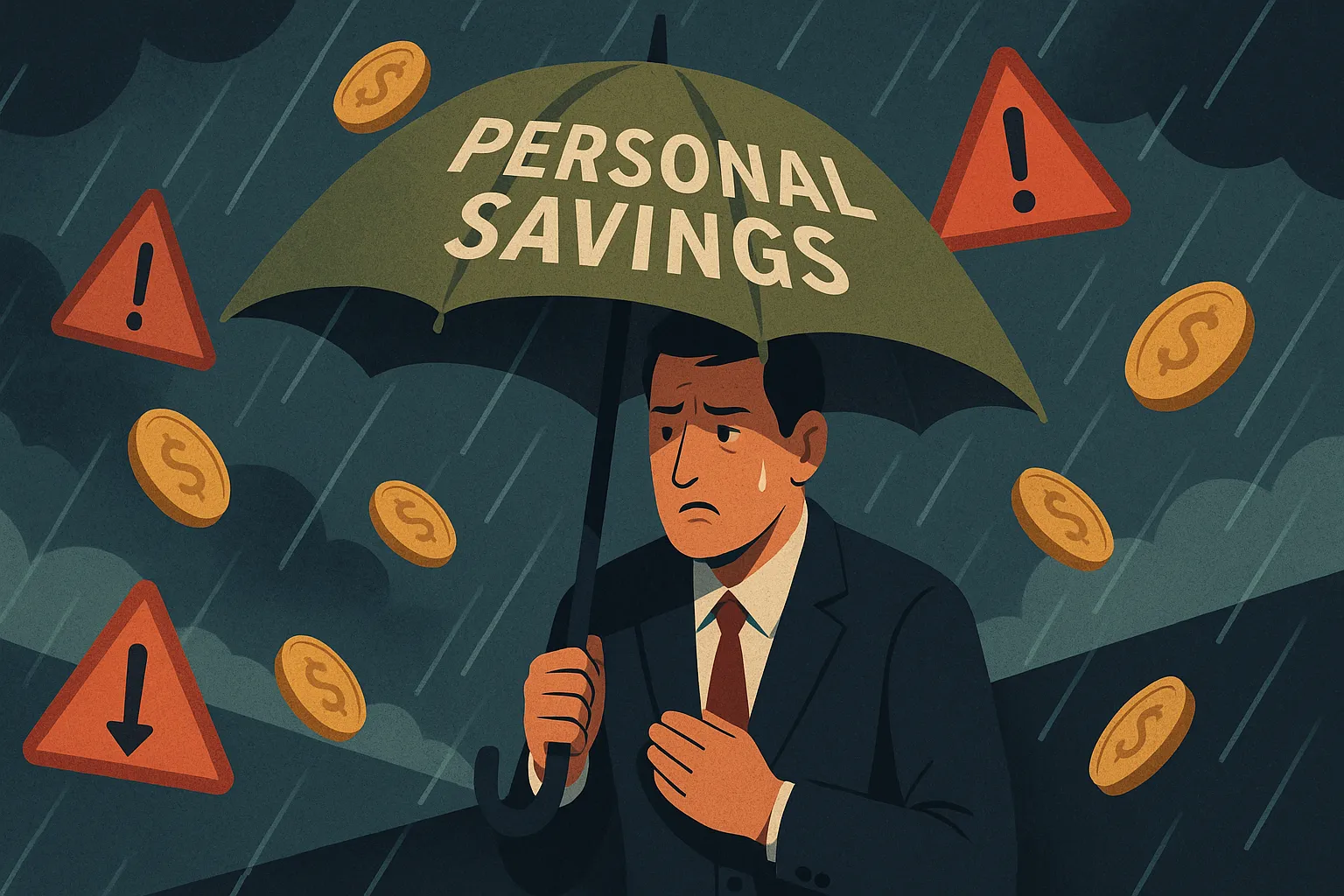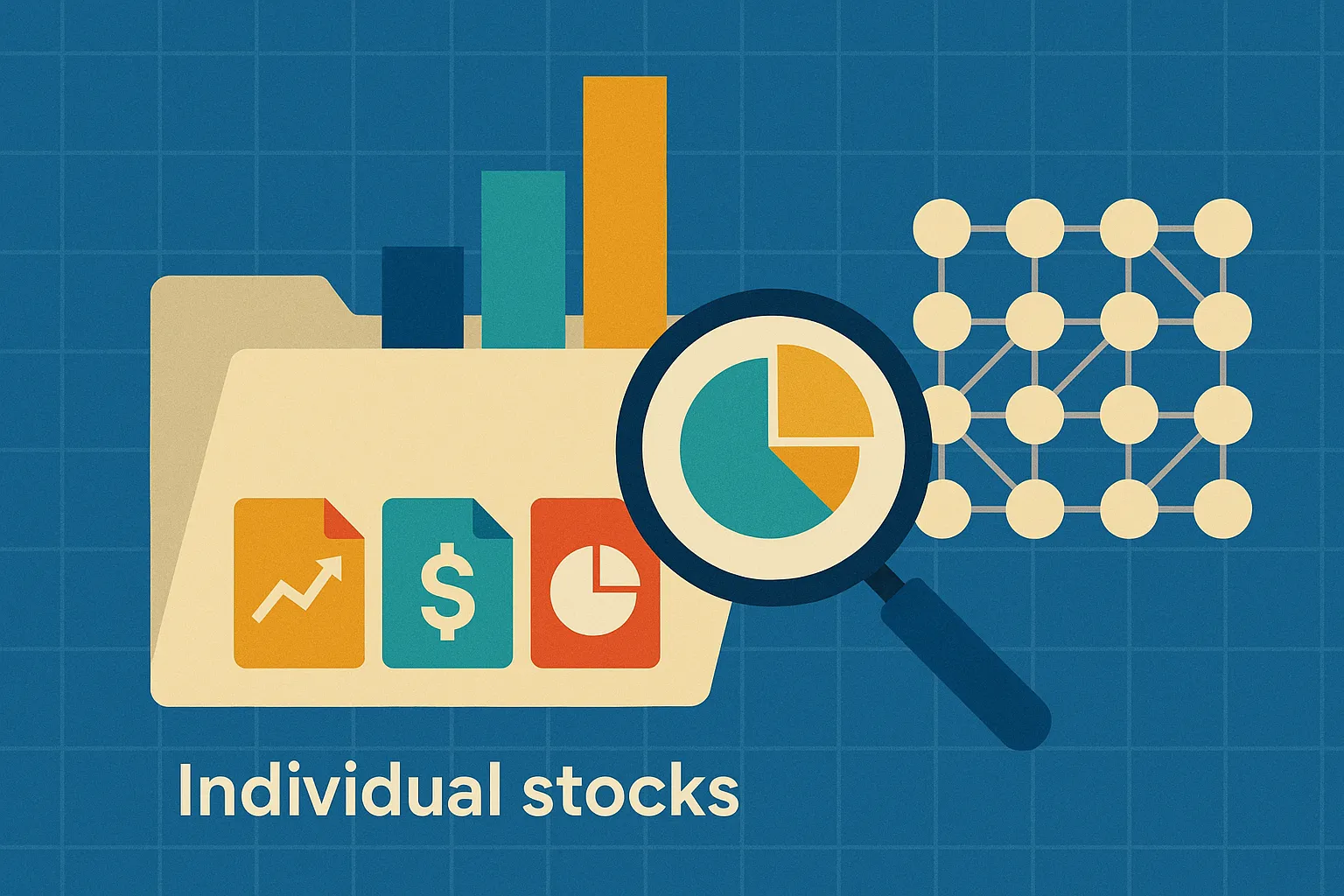Do You Really Need a Financial Advisor? The Shocking Truth

Think your advisor is beating the market? Think again. A recent Morningstar study showed that just 13.2% of actively managed U.S. equity funds outperformed the S&P 500 in 2024. Yet, many investors still pay 1% (or more) in advisory fees every year. On a $500,000 portfolio, that’s $5,000 annually—whether your investments outperform or not. The reality? Many investors could keep more of their returns by using low-cost index funds that don’t try to beat the market—they just track it.
So the question is: Are financial advisors worth it? Or could you be better off managing your own money with a few simple tools and some guidance?
In this article, we’re cutting through the noise. We’ll look at who actually benefits from working with a financial advisor, when a DIY approach may be smarter, and what red flags to watch out for if you’re already paying for advice.
Key Takeaways
- Many financial advisors often charge high fees and underperform simple strategies.
- Advisors can be extremely valuable—if you need complex planning or behavioral coaching.
- DIY investing works well for disciplined investors using low-cost index funds.
- Not all “advisors” are fiduciaries—make sure your advisor is working in your best interest.
What Do Financial Advisors Actually Do?
A financial advisor can help you:
- Build a retirement plan
- Choose investments
- Create a tax-efficient withdrawal strategy
- Navigate insurance and estate planning
But not all advisors offer the same level of service. Some are comprehensive planners, while others are more like glorified salespeople pushing products (e.g. insurance).
When an Advisor Might Be Worth It
You Have a Complex Financial Life
If you own a business, have multiple income sources, engage in informal debt arrangements, or deal with complicated taxes, a good advisor might be able to help you optimize everything—from legal structures to charitable giving.
You Struggle with Emotional Investing
Do you panic during market drops? Or chase hot stocks during rallies? An advisor can act as a behavioral coach, helping you stay calm and stick to your plan.
You Need Ongoing Planning
Major life events—retirement, inheritance, divorce—are times when professional guidance can prevent big mistakes.
You’re Too Busy to Manage It All
Some people genuinely don’t have the time or interest to manage their finances. Paying a professional can buy you peace of mind.
When You May Not Need a Financial Advisor
You Have a Simple Portfolio
If you’re investing in a handful of low-cost index funds and rebalancing once or twice a year, you may not need an advisor.
You’re Comfortable With Research
Thanks to free tools, podcasts, and platforms like Bogleheads or PortfolioPilot.com, it’s never been easier to build and maintain your own financial plan.
You’re Paying High Fees for Little Value
If your advisor is putting you in expensive mutual funds, checking in only once a year, and not offering personalized tax planning—you’re likely overpaying.
You Want to Maximize Every Dollar
A 1% fee may not sound like much, but think about the long-term impacts of compounded fees over the course of 30 years - it could be a lot!
How to Evaluate a Financial Advisor
If you decide to work with an advisor, make sure you:
- Ask if they’re a fiduciary: Fiduciaries are legally required to act in your best interest. Many advisors are not.
- Understand the fee structure: Are they charging a flat fee, hourly, or a percentage of assets? Avoid hidden commissions.
- Look at their credentials: Certified Financial Planner (CFP) is a good sign of training and ethical standards.
- Check what services they offer: Do they provide tax planning? Estate advice? Investment management? Or just one piece of the puzzle?
A DIY Approach That Could Work
This is a hypothetical scenario. Let’s say you’re 35, making $100k a year, saving 20%, and planning to retire at 65. You invest in a diversified set of low-cost index ETFs:
- 70% U.S. stocks
- 20% international
- 10% bonds
You rebalance once a year and can increase your savings with each raise or promotion.
That’s it.
With discipline and consistency, this simple strategy could outperform many expensive, over-engineered portfolios sold by advisors. And you’ll keep more of the gains.
How optimized is your portfolio?
PortfolioPilot is used by over 30,000 individuals in the US & Canada to analyze their portfolios of over $30 billion1. Discover your portfolio score now:






